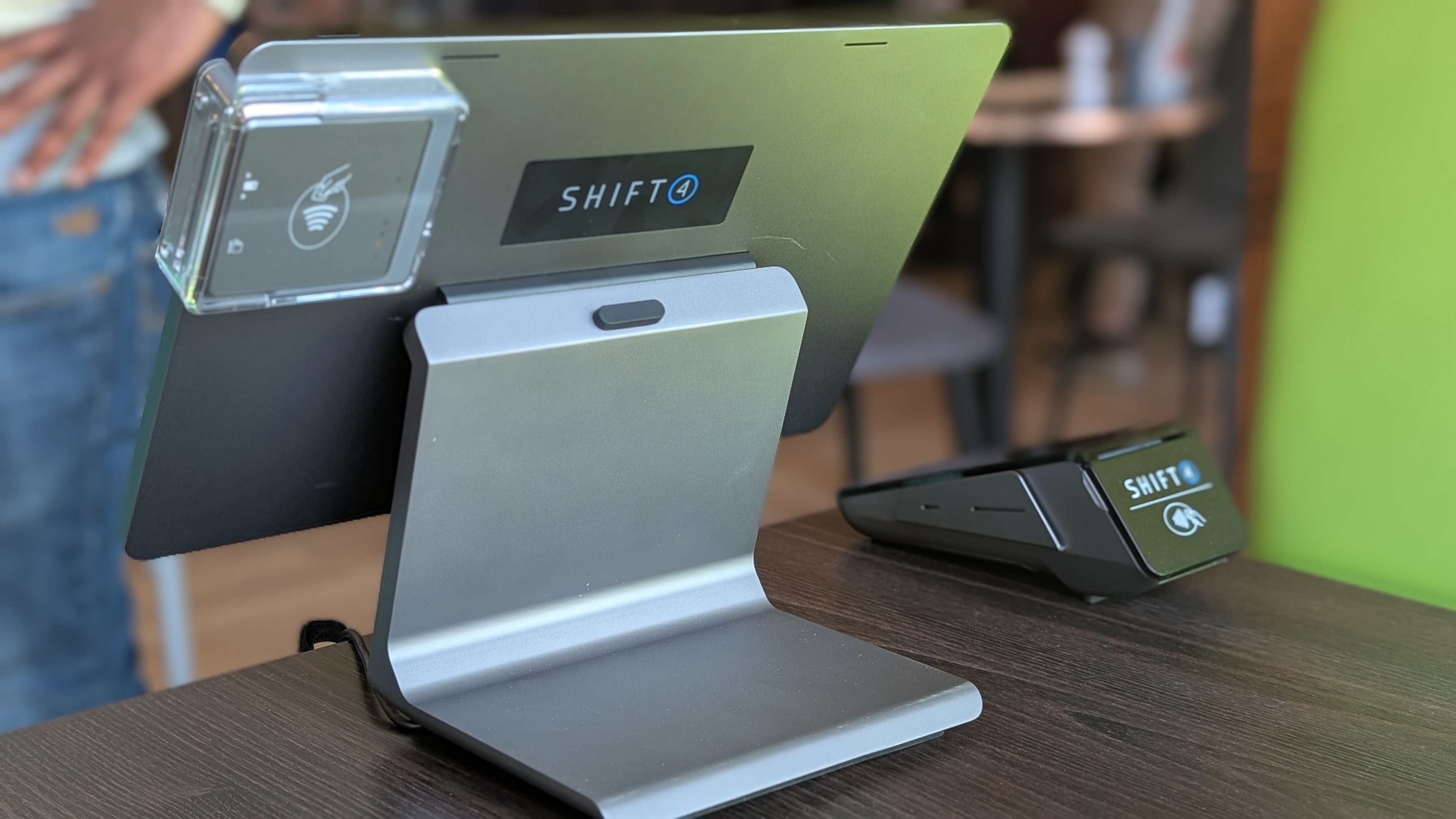Advantages and Disadvantages of EPOS Systems: What Every Business Should Know

Crafted for business owners, merchants, and operators in retail, hospitality, events, and taxis, this updated guide unpacks the real-world pros and cons of EPOS (Electronic Point of Sale) systems or in short - POS systems. Whether you're running a multi-site café chain or a solo pop-up stall, get an actionable view on what's worth investing in — and how Truepos plugs the gaps.
What Is an EPOS System?
An EPOS combines point of sale software and hardware—touchscreen terminals, barcode scanners, integrated card machines, and cloud-based servers—to power transaction processing, inventory control, CRM, and analytics.
It’s more than just a till: it’s the nervous system of omnichannel retail, hospitality, and event businesses. Cloud-based EPOS systems let you manage multiple locations, track real-time stock levels, and generate insight-rich sales reports across mobile POS, iPad POS, and fixed terminals.
Main Advantages of EPOS Systems
- Efficient, Accurate Transactions
Fast-touchscreens, barcode scanning, and swipe/tap card integration slash queue times and reduce human error. - Real-Time Inventory Control & Sales Analytics
Monitor stock levels automatically and trigger reordering. Detailed dashboards help uncover best-sellers and slow-moving items. - Integrated Payment Processing
Reconciliation is seamless when your card terminal plugs directly into your EPOS. No manual entry needed. - Omnichannel & Cloud Integration
Sync with ecommerce, delivery services, click-and-collect and third-party platforms, all while accessing data from anywhere. - Built-In CRM & Loyalty Tools
Capture customer data, run targeted promotions, and build loyalty (points, vouchers, repeat-buyer incentives). - Staff Management
Clock-in/out, role-based permissions, tip tracking, and rota planning become part of the EPOS workflow. - Scalability for Growth
Add tills, tablets, or branches while centralizing command via cloud management. - Better Customer Experience
Faster checkouts, digital receipts, and flexible payment methods (including contactless and mobile wallets) build trust. - Future-proof & Secure
Most modern systems support PCI compliance, automatic updates, encryption, and secure gateways.
Disadvantages of EPOS Systems
- Higher Initial Investment
Hardware, setup, and licensing can be costly—some systems range from €1,000 to €3,000+ depending on complexity. Luckily with SkyTab there's no upfront cost, and the hardware starts at €49 per month. - Training & Learning Curve
Staff need time to adapt; poor onboarding can slow down service and frustrate your team. - Technical Outages & Downtime
Cloud-based platforms depend on internet stability. Without backups, outages can halt your tills. - Customization & Function Limitations
Out-of-the-box EPOS might not match every business’s workflow. Some verticals like hospitality, events, or taxi operators may need tailored modules. - Security Risks if Not Configured Properly
EPOS systems are targets for hacking if not updated, secured, and maintained. - Vendor Lock-In & Hidden Costs
Watch out for long-term contracts, unadvertised fees for support or add-ons.
How Truepos Fixes the Friction
We understand your priorities: speed to market, ROI, and frictionless operations. Here's how Truepos (with SkyTab POS or standalone card-machine plans) tackles these EPOS drawbacks head-on:
- Transparent Pricing & Lean Packages — no upfront costs, no hidden fees.
- Fast Setup + Local Training — cut downtime with expert onboarding.
- Hybrid Connectivity — fallback to offline mode during internet loss.
- Real-World Vertical Packs — from hospitality to events to retail,
we configure features that match your daily workflow. - Secure, PCI-Compliant at Core — built-in encryption, automatic updates.
- 24×7 Support with Real People — we’re not bots. Real Irish support ready when you need it.
Bonus: Emerging EPOS Trends We’re Watching
- Mobile & Tablet POS — Ideal for pop-ups, kiosks, and off-site events.
- Advanced Integrations — EPOS syncing with accounting, CRM, loyalty platforms (e.g. Shopify, QuickBooks).
- Self-Checkout & Customer-Facing Displays — Enhance transparency and upsell effectively.
So—Is EPOS Right for You?
Yes—if your goal is to scale, optimize, or operate multi-channel efficiently. Just choose the right system:
- Prioritize ROI over cost → a smart EPOS pays itself off via efficiency.
- Fit before features — vertical alignment beats generic all-in-one tools.
- Layer training and backup plans to minimize downtime.
We’ve built Truepos to be that operational escape ramp—fast, reliable, tailored, and frictionless.
Want help identifying the best EPOS path for your business—retail, hospitality, or events? We’re just one call away.

